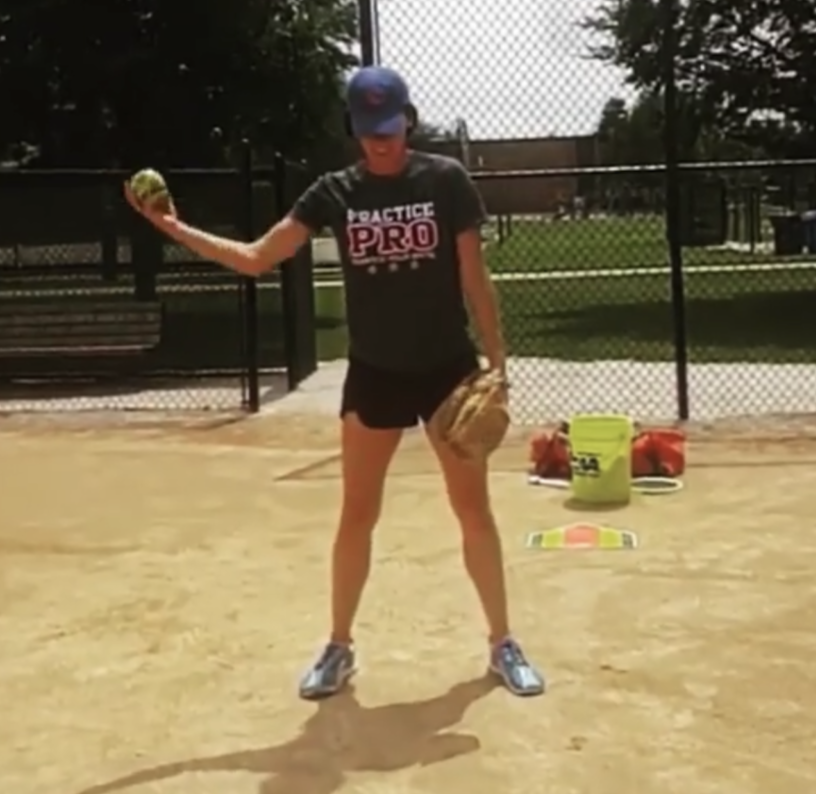Help for Brave Parents Who Catch
/In lessons, I'll sometimes ask a parent who's catching for her daughter if she can see the spin on the ball. I'll ask if she saw a fundamental that could have been executed better. Most of the time, I get these answers to the question:
"It's hard to see if my daughter's follow-through is correct when the ball is flying at me at 50 miles an hour."
Read More





![How To Solve Issues With Your Game Performance [Document]](https://images.squarespace-cdn.com/content/v1/56a0f458b204d5ee03895a17/1712934044401-JE6MFTS6VK7EIH8XQ6QY/Game+Evaluation+Sheet-page-001.jpg)















